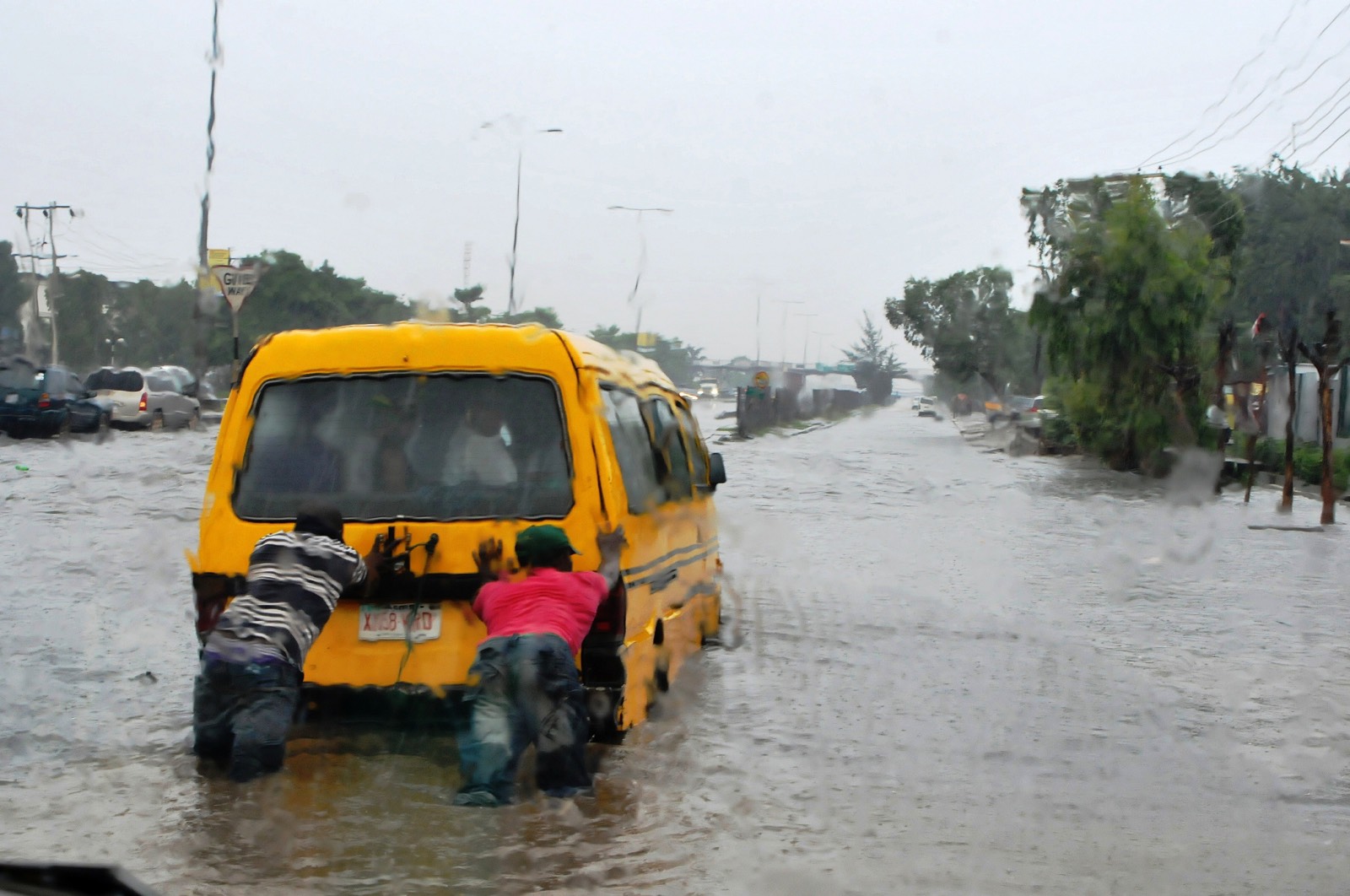ABUJA, Nigeria – The 2023 flood situation in Nigeria is taking a dire turn, with the Federal Government confirming that 20 states, along with 46 Local Government Areas, LGAs, have been ravaged by varying degrees of flooding.
Tragically, these floods have resulted in the loss of at least five lives.
The National Emergency Management Agency, NEMA, convened a National Emergency Coordination Forum in Abuja on Thursday, August 10, 2023, where the extent of the calamity was made public.
In his keynote address, Director-General of the Nigeria Hydrological Services Agency, NIHSA, Clement Nze, recollected the agency’s warnings earlier in the year.
“In February 2023, NIHSA presented the 2023 Annual Flood Outlook to the public. As per our projections, 178 LGAs across 32 states and the Federal Capital Territory were identified as high flood risk areas,” Nze remarked.
Regrettably, the projections are manifesting. “At present, no fewer than 20 states, including the Federal Capital Territory, have been impacted by the floods. Over 46 LGAs are affected with houses submerged and distressing casualties,” Nze stated.
He enumerated the impacted states and LGAs, which include significant areas in Anambra, Adamawa, Abia, Akwa Ibom, and many more.
Highlighting a particularly grievous incident, Nze said, “In the FCT, communities like Lugbe experienced devastating floods.
The tragic outcome was the death of over four persons, and more than 116 houses were left underwater.”
Shedding light on the timeline of events, Nze shared, “Between April and June, roughly 23 LGAs faced flood-related disasters.
In July alone, more than 11 LGAs reported flood incidents.”
Corroborating Nze’s remarks, the Director-General of NEMA, Mustapha Habib, emphasized the widespread nature of the crisis.
Reflecting on the previous year, he stated, “In 2022, floods claimed 665 lives, displaced over 2.4 million people, and affected nearly 4.5 million individuals. Regrettably, we’re witnessing similar events this year.”
According to Habib, the intensifying flood situation necessitates a unified response. “The ECF is a platform for stakeholders to unite, address the ongoing humanitarian crisis, and brainstorm measures to mitigate its impact on the populace,” he said.
Habib concluded with a call to action, emphasizing the importance of coordinated disaster management to address the crisis effectively.







